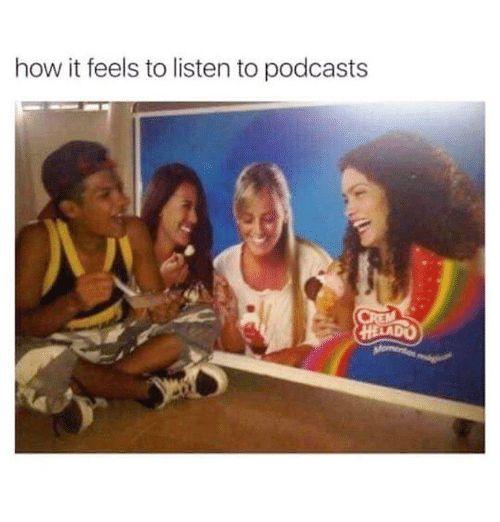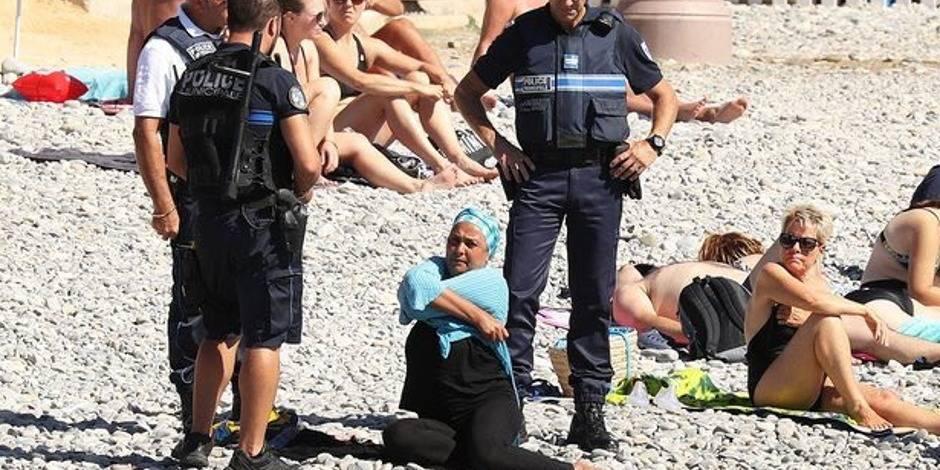Youtubers, podcasters: our parasocial relationships with these friends who ignore us
Communication scientists and psychologists speak of "parasocial relationships" to describe these one-way bonds that we weave with fictional characters or celebrities. In the era of social media, the phenomenon is growing. But does it not also change in nature?
Are parasocial relationships stronger in the age of social networks? Can we consider these platforms as "third places of sociability", halfway between the real and the virtual? From the point of view of intimacy, contemporary parasocial media allow more common exposure to fictional characters or creators of content on the Internet, but also more interactions, taking the viewer out of his passivity.
Does the asymmetry specific to the parasocial relationship still hold then? If social networks offer more opportunities to expand our relationships outside of the interpersonal ties that we weave in real life, they are also the place where it is possible to cross the screen and exchange with the mediatized figure. Through comments posted under the video or in a content creator's chat on the Internet, messages sent to a celebrity's Twitter or Instagram account to which they can potentially reply, the interaction, then visible to all, out of the purely imaginary realm. Sites like Patreon or Twitch even make it possible to monetize these interactions, in the form of “donations” addressed directly to the mediated person; we then speak of "support" and not of purchase. In exchange, an artist will offer personalized content, for example, or a streamer will quote the name of their donor to thank them, individualizing them among a host of pseudonyms.
"Horton and Wohl believed that lonely, isolated people who watched talk shows were naive people duped by insensitive producers," writes American historian and podcaster Brendan Mackie, in an article on parasocial relationships published in Real life magazine. Similarly, critics of social media today accuse creators and platforms of exploiting vulnerable fans." However, spectators can also take a critical look at the relationship they have with these parasocial spaces. "The term parasociality itself has gained prominence thanks to fan communities, Mackie notes. Many of these explicitly warn of the dangers of parasociality."

Contrary to what one might think, argues Pierre de Bérail, the viewer does not necessarily want to use the interactive tools offered by social media to break the unilateral aspect of the parasocial relationship:
Although social media reinforces the intimacy factor and the possibility of communicating with media figures, the parasocial relationships that are formed on these platforms are not necessarily seen as "a step towards a more direct relationship", explains the psychologist:
On the other hand, the type of media could have an influence on the modality of the parasocial relationship. Do we engage in a parasocial relationship the same way when it originates in a novel or on YouTube? Probably not. “It is a hypothesis which is posed, indicates Pierre de Bérail. Only, we still have little empirical data on the subject”. The specificities of the different types of social networks could also have an effect on the way in which these relationships are experienced. Let us think of media like Twitch (a live video streaming platform) where the moment of parasocial interaction takes place in a temporality shared by the viewer and the mediated personality: what does the live bring to the parasocial relationship?
Online content creators have in any case grasped the importance of the vitality of these parasocial links in their economy - evidenced by the way in which marketing studies have seized on the notion to develop engagement guides on the networks. social. But what do the new celebrities of these social media think? How does one experience being the object of a parasocial relationship? This is a question that is still too little addressed in the scientific literature, believes Pierre de Bérail:
On social networks, publicized personalities are also beginning to express themselves on the subject, explaining how the parasocial relationship can affect them. Because if the character of your favorite series will never know anything about the disappointment he aroused in you during the broadcast of the last episode, it is not the same for the podcaster who will have recommended a bad film to you and to whom you left a disappointed comment. Is it better to be disappointed by someone you've never met or to disappoint someone you don't even know? The circle of the parasocial relationship - and all its paradoxes - is almost complete!








